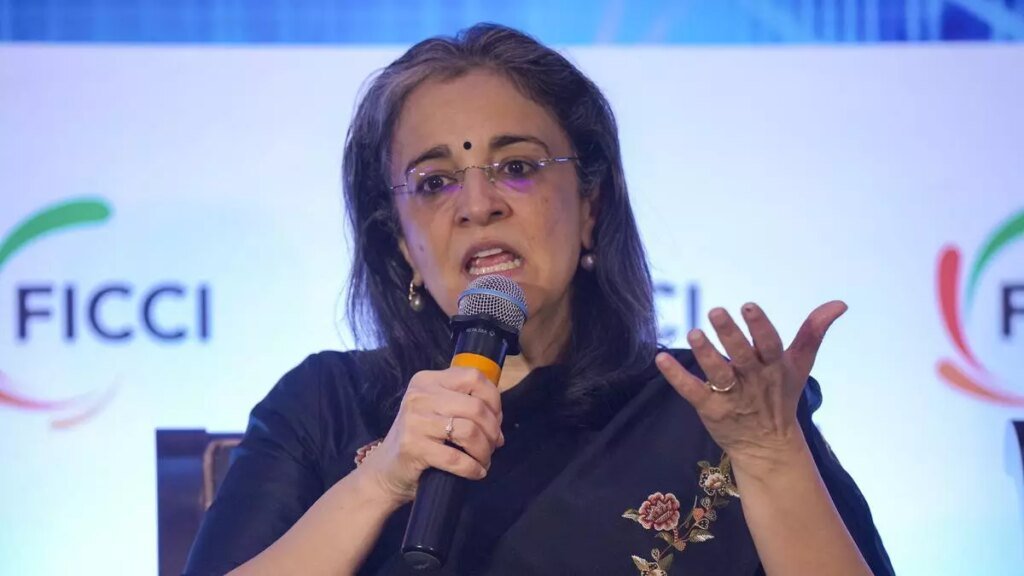Editorial. SEBI storm – The Hindu BusinessLine

Firing a fresh salvo in its expose on the Adani group, US-based short-seller Hindenburg Research has levelled a series of allegations against the Chairperson of the Securities Exchange Board of India (SEBI). The most significant of these is that Madhabi Puri Buch and her husband Dhaval invested in an offshore fund floated by IIFL and managed by Anil Ahuja — who was also a director with Adani Enterprises in 2015. This fund was part of a multi-layer structure under Global Opportunities Fund, again allegedly used by Adani associates to trade in the group’s shares in India. Hindenburg has shared email exchanges showing that Ms Buch transferred her interests in this fund to her husband just before her appointment as Whole-time Director at SEBI in April 2017 and redeemed their $0.87 million investment in February 2018.
It also finds that Buch during her tenure at SEBI as Whole Time Member owned an offshore Singapore-based consulting firm which she transferred to her spouse, on becoming Chairperson. She also held a 99 per cent stake in an Indian consulting firm which earned ₹1.9 crore revenues in FY22. SEBI approved several regulatory changes for REITs after 2019, when Dhaval Buch was appointed as advisor to Blackstone — a large sponsor of REITs. These allegations point to possible conflicts of interest in Buch’s role as SEBI Chair, which have allegedly impacted the SEBI probe into the Adanis. But prima facie, they do not offer concrete proof of wrongdoing.
The remedy for conflicts of interest, under law, is upfront disclosure. In their public rebuttal, Madhabi Puri and Dhaval Buch have said that they have made the required upfront disclosures to SEBI. The decision to invest in the fund was made because Anil Ahuja was a childhood friend; the investment was redeemed (at a small loss) when he left. IIFL has corroborated that the fund in which the Buchs invested had no Adani investments. Madhabi recused herself from all Blackstone-related meetings at SEBI. Her stakes in the two consulting firms were disclosed to SEBI. Later, they were used by Dhaval for his consultancy practice. The above explanations are plausible. However, given SEBI’s role as a markets regulator, the aspersions cast on its Chairperson can undermine investors’ faith in India’s market ecosystem. This makes it critical for the claims of disclosure made in the rebuttal to be verified. The government must immediately task an independent committee with this, with a tight deadline. In the meanwhile, it may be a good idea for the SEBI Chairperson to take a voluntary leave of absence until the air is cleared. SEBI’s long-winding investigation of the Adani affair — one of the 24 investigations is yet to be completed — has laid it open to such attacks.
Finally, with this weak effort at mud-slinging that targets an individual rather than a company, Hindenburg has deviated from a short-seller’s usual modus operandi of taking on corporate misgovernance. Its credibility has suffered a dent. The market’s bored reaction to the allegations bears this out.








